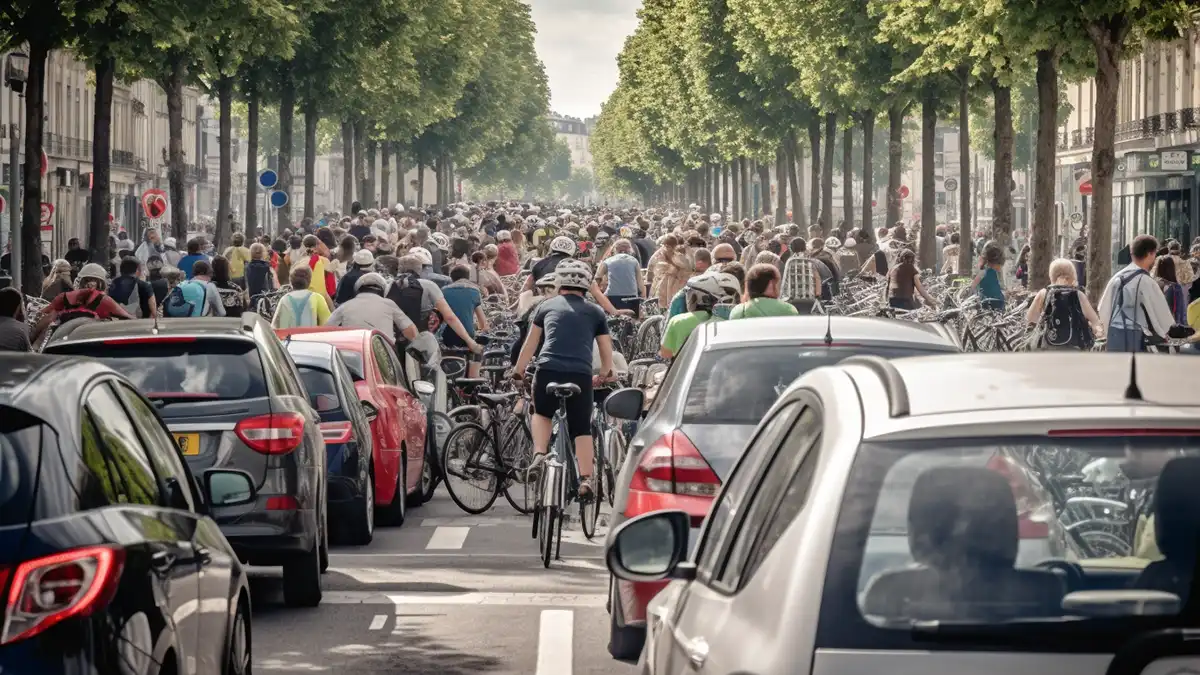
Decoding climate narratives during election time
To study climate narratives in the context of the French election campaign, which was disrupted by the Russian invasion of Ukraine and its consequences for energy transition. To understand how discourses, key actors, and controversies evolve online, in order to inform ambitious climate policies.
Challenges
Analyze key actors and narratives influencing public climate discourse
Identify narratives gaining popularity (weak signals) and map the global landscape of climate conversation in France
Solutions
Use hybrid methods combining statistical approach, algorithmic analysis, and comparative politics to study opinion dynamics
Collect extensive cross-platform data (Twitter, Facebook, Reddit, YouTube, TikTok, Instagram) to avoid echo chambers
Deploy a qualitative-quantitative approach to extract meaning and insights from massive data
Implement the methodology of "narrative cocoons" to evaluate the public value of narratives and the influence of actors, which is a methodological response in social data to the challenge of evaluating the compared weight of narratives, too often defined broadly and imprecisely, either as themes or as components of a diffuse cultural aura. The "cocoon" consists of a set of narrative elements (themes, words, hashtags, images, etc.) shared by user panels, communities, and their leaders. We propose not only to finely identify actors who support and propagate certain ideas but also to track the structural position evolutions of narratives in the public space through the adhesion of new actors, dissidence or unexpected endorsements.
Methodology
Mapping of actors and identification of mobilized communities in the conversation
Analysis of circulating narratives and their evolution over time
Evaluation of narrative performance and actor influence involved
Identification of consensus zones and emerging pro-climate cultural communities
Results
In-depth analysis of climate narratives in the context of a disrupted election
Highlighting key actors and emerging discourses on social media (e.g. "Cycling revolition," "Train promotion," "Sobriety")
Evaluation of community resonance strength and their extent of influence
Mapping of fertile zones of ecological consensus and identification of ideas, arguments, and imaginaries unique to these zones
The study is not publicly available.